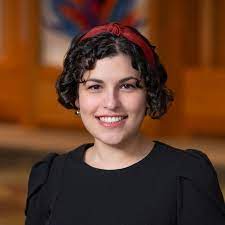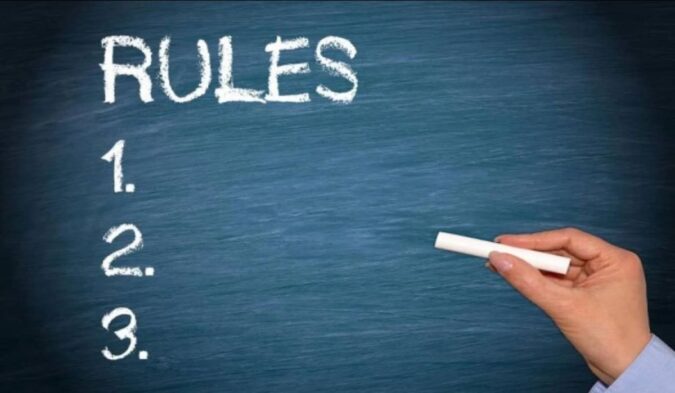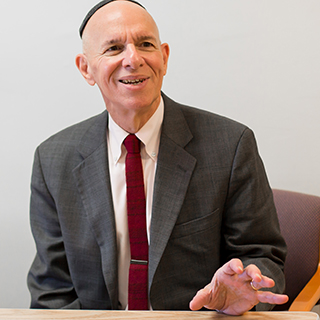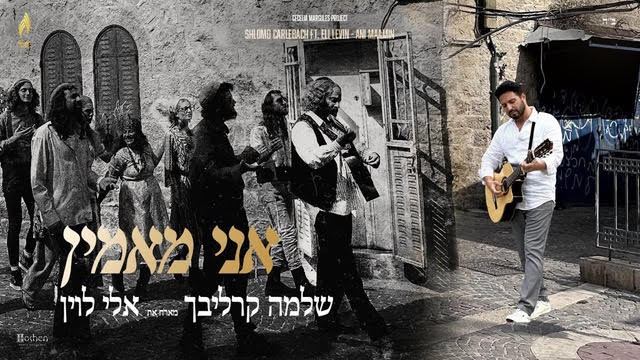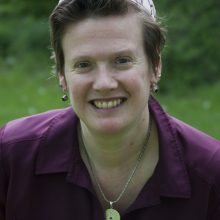Rabbi Talia Kaplan: Kedoshim Who Among Us Is Holy?
Rabbi Kaplan addresses the meaning of being holy: the text elaborates on forbidden sexual relations and sinful thoughts, many of which emphasize the male. Yet, human interactions involve multiple parties. How can we address the ancient laws regarding sexual ethics in light of contemporary values?


